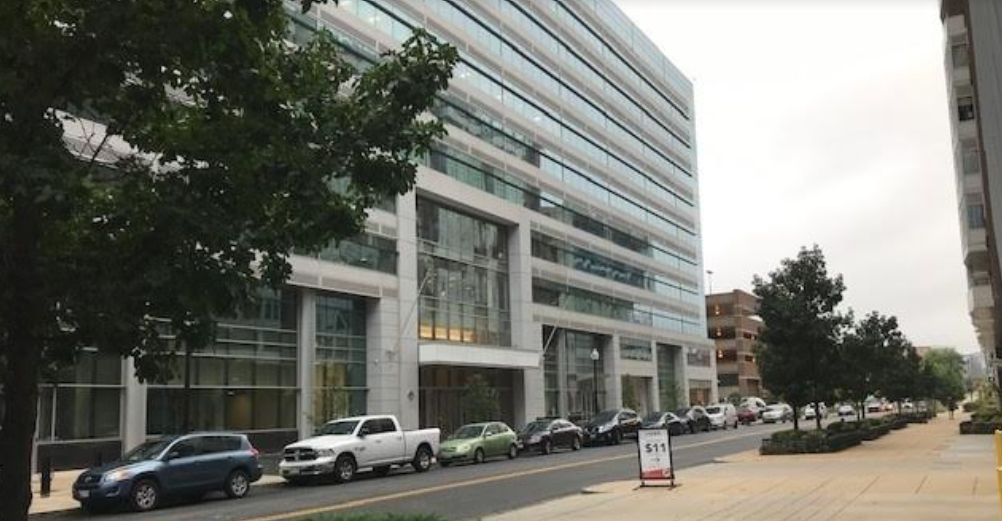FCC Fights RF Limits Challenges on Multiple Fronts
Tells appeals court latest, but familiar, legal challenger lacks standing

The smarter way to stay on top of the multichannel video marketplace. Sign up below.
You are now subscribed
Your newsletter sign-up was successful
August has proved to be RF radiation limits legal challenge month at the FCC as the commission deals with that issue on at least three fronts as it separately works to promote the rollout of 5G transmissions.
Only a few days after the U.S. Court of Appeals for the D.C. Circuit, in response to a challenge from Robert F. Kennedy Jr.'s Children's Health Defense, remanded back the commission decision not change the RF radiation safety limits for cellular devices (saying the FCC had not sufficiently justified that decision), the FCC this week submitted its brief to the same court on the same general subject in response to another challenge by CHD.
Also Read: D.C. Court Smacks Down FCC Decision to Keep 5G RF Emission Standards
That followed earlier this month the commission's response to a U.S. District Court for the District of Hawaii, which had asked the FCC for input on the issue of private rights of action and whether in the case of alleged violations of RF emission regulations and ones regarding antenna height and power limits, suits by private individuals are allowed to enforce the Communications Act. (The FCC said no).
The basic issue is whether current FCC and FDA standards for safe wireless RF emissions have kept up with the race to 5G and the rise of wireless broadband as the go-to RF access point for millions.
In the latest FCC entry, the commission Monday (Aug. 23), was responding to a challenge to its decision to extend its prohibition on state and local restrictions that delay antenna replacement to fixed wireless--it had initially applied to TV antennas.
CHD argued that the FCC was deep-sixing all previous zoning requirements and "and depriving persons who are allegedly sensitive to radiofrequency emissions from FCC-authorized equipment of forums to object to the placement of antennas on their neighbors’ properties."
CHD also said the FCC had failed to address RF emission-related objections, an argument it had made in challenging the FCC's decision in 2019 not to modify the RF emission safety limits.
Also Read: FCC Opposes Private Suits Over Alleged Wireless Buildout Rule Violations
The FCC told the D.C. appeals court, which has principal jurisdiction over FCC decisions, that CHD and several other petitioners that joined the challenge did not have have legal standing to do so and, in any event, could not make the case that "the FCC’s modest amendment substantially increases the risk of alleged harm from exposure to radiofrequency emissions when compared to the preexisting rule, or that the injuries to Children’s Health’s organizational interests can be attributed to the rule change."
The FCC points out that the decision leaves the limits unchanged, though of course that is something CHD challenges in its other appeal, and that it was not required in this decision to reevaluate those limits or rebut claims from DHC of harms.
The smarter way to stay on top of the multichannel video marketplace. Sign up below.
Contributing editor John Eggerton has been an editor and/or writer on media regulation, legislation and policy for over four decades, including covering the FCC, FTC, Congress, the major media trade associations, and the federal courts. In addition to Multichannel News and Broadcasting + Cable, his work has appeared in Radio World, TV Technology, TV Fax, This Week in Consumer Electronics, Variety and the Encyclopedia Britannica.

